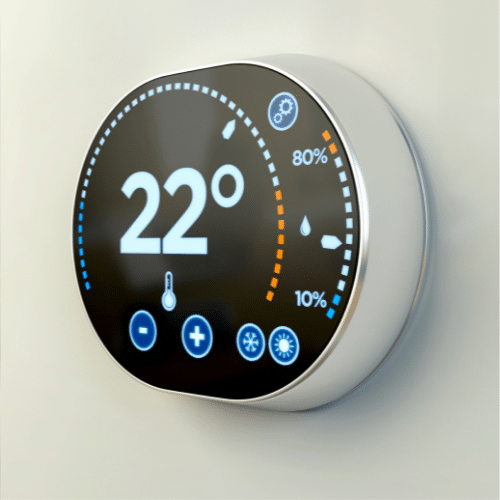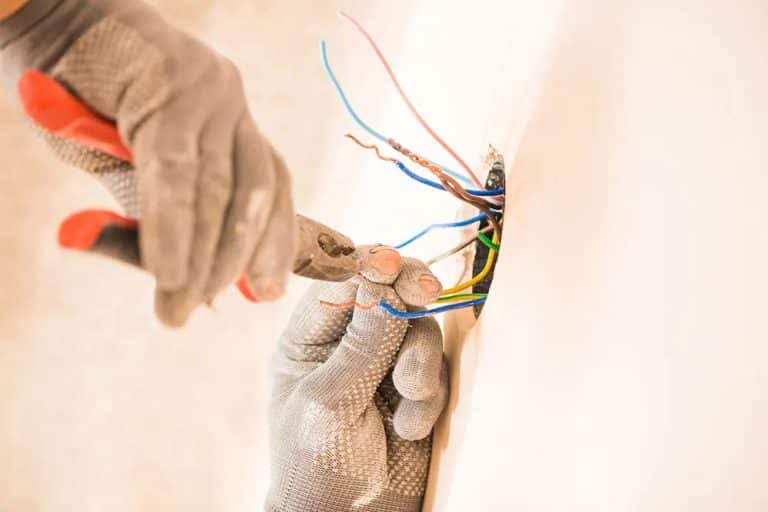Nothing can bring your work or life to a halt faster than electrical outages. How you cope with blackouts and emergencies can make all the difference, so it’s best to be prepared. When there is an electrical outage, much like when there is a snow storm; consumers head en masse to their local hardware stores for shovels, candles, flashlights and generators. You can avoid the mad rush by planning ahead.
What’s the difference between portable generators and standby generators?
Portable Generators
- As its name implies, is a generator you take out of your storage closet or basement to use when the power goes out.
- You must be present to make it work at the time of the unexpected outage and must be manually started and stopped.
- Any appliances and electronics must be plugged-in to the unit using extension cords (which must be rated for the electrical and distance they run to the portable generator outdoors).
- Hardwired items to the property, such as heating/air conditioning and security systems, etc., can’t be powered by a portable generator.
- You can’t run the portable generator indoors due to the carbon monoxide risks.
- Has exposed engine parts, which get very hot and as you may be under duress when operating it, you might not take the necessary precautions.
- Provides a lower-grade power quality, which can potentially damage and degrade sensitive electronics.
- Must be filled with fuel every few hours. Remember many gas stations won’t be able to pump gas during the outage, so you will need to store gasoline to last through the outage (anticipate approximately 70 gallons of gasoline for a five-day outage.)
- Oil must be changed often, particularly if you plan on running the generator continuously.
Installing a Portable Generator Directly to the Main Panel
- It is possible to install a portable generator directly to your main panel by means of a single heavy duty 30amp or 50amp generator cord.
- A reverse receptacle, called an “Inlet” Receptacle is installed on the outside of the house and is hardwired back to the main panel with an interlock device, for safety reasons.
- A licensed electrician must complete this installation, but once its installed the homeowner can easily connect their generator in the event of a power outage or emergency.
- Although this installation offers a more convenient method of utilizing a portable generator, this type of home back-up power is still not automatic, and you still need to be present to start, maintain, and re-fill the generator with fuel.
Permanent Standby Generators
- There are basically two types of installations for Standby Generators; Whole House Back-up, or Critical / Selected Circuits Back-up.
- Both installation types are completely automatic, (so you don’t have to be there when the power goes out), but the difference is in the type of installation of the transfer switch.
- The Whole House Transfer Switch backs-up your main panel and any sub panels downstream.
- The Selected Circuits Panel is a sub panel with a limited amount of circuits that backs up only those circuits in that panel in the event of a power outage.
- The generator itself is sized based on which type of transfer switch installation, and what size loads are connected when running on the generator.
- The generator itself is installed outside of your house or office building much like an outdoor air conditioning unit.
- The Unit is enclosed which reduces overall engine noise, making them dramatically quieter than portable generators when running.
- A transfer switch automatically monitors your power and transfers the electrical load to the generator when you lose power.
- Delivers clean, consistent power, which is essential for electronics like computers and big-screen TVs.
- Operates on propane, natural gas or liquefied petroleum, that is hooked up to gas lines.
What size do I need? And who should I contact?
It’s important to choose a generator that meets your needs. Therefore, you should contact a local professional, licensed electrical contractor familiar with dealing with generators and who can help you comply with any municipal codes governing proper installation. GC Electric Co offers complete installation of properly sized natural gas and liquefied petroleum (LP) gas lines to keep your generator running. We also provide LP tank installation, so you can own your tank!
If you live in an area where natural gas or LP gas is not readily available, we can supply you with diesel-powered standby and portable generators, as well!
Having a standby generator is also a real plus in selling your home, especially in areas often affected by outages.
610-797-3500
Serving the greater Lehigh Valley, PA Area
* Residential & Commercial Re-wiring * Electrical Upgrades
* Surge Protection * Backup Generators * Cable Wiring
* 24/7 Emergency Service





